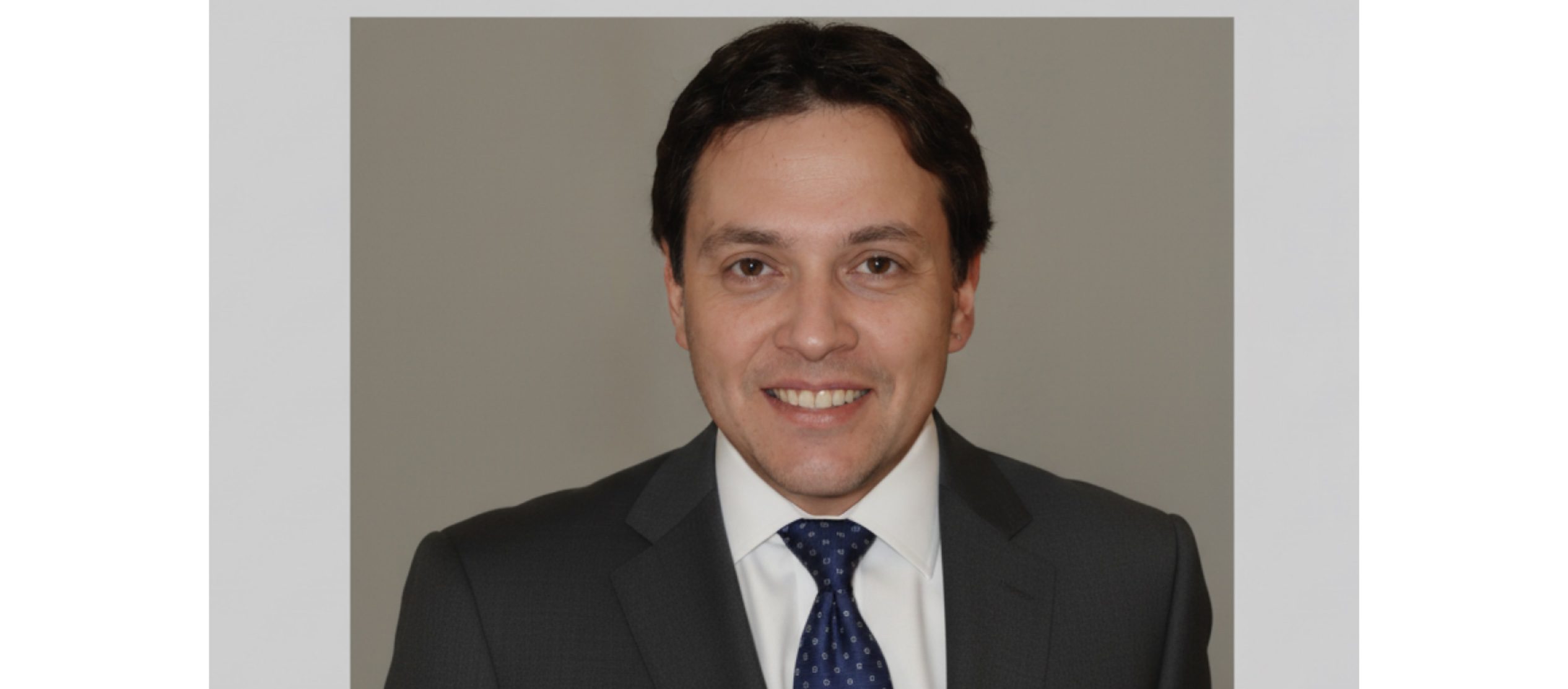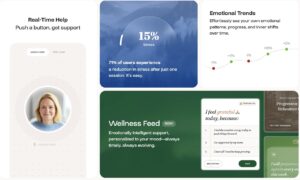In today’s fast-changing workplace, human resources is no longer just about recruitment, payroll, and compliance. It has become a discipline deeply tied to organizational health, employee well-being, and leadership development. Few professionals embody this shift as clearly as Mark Yusishen, a Canadian HR consultant who blends expertise in organizational psychology, wellness, and culture into his approach.
Growing up in Toronto, Ontario, Yusishen pursued his Bachelor of Commerce in Human Resources Management at York University’s Schulich School of Business. His early academic work already hinted at his interest in the human side of business—how people interact with their organizations and how culture can shape performance. He went on to complete a Master of Industrial Relations and Human Resources at the University of Toronto, where his thesis explored employee well-being and productivity in remote work environments. This focus, years before remote work became mainstream, reflects his forward-looking perspective on HR challenges.
Yusishen’s career path has taken him across Canada, from Toronto to Montreal and now Vancouver, British Columbia, where he runs his own advisory practice. Along the way, he has seen HR from multiple angles: as an HR associate at Manulife Financial, an HR Business Partner at Bombardier, and later as a consultant at Deloitte Canada. These experiences shaped his belief that effective HR requires more than policies and systems—it requires leaders who understand the whole person, not just the job title.
What sets Yusishen apart is his philosophy that workplace health is inseparable from overall well-being. He often points out that employees bring their full selves to work, and stress, burnout, or lack of balance will inevitably spill into performance. Drawing from both his professional expertise and personal interests, he integrates themes of wellness and culture into HR strategies. For example, he encourages leaders not only to think about performance management but also about how organizational structures support—or hinder—employee resilience.
This perspective is not just theoretical. Outside of his consulting work, Yusishen is a passionate advocate for healthy living. In Vancouver, he trains regularly in CrossFit and enjoys outdoor activities such as hiking and cycling. He also has a love of cooking, drawing on his Ukrainian heritage to prepare traditional dishes like borscht and pierogies while experimenting with Canadian ingredients like wild salmon and maple syrup. These personal passions inform his professional message: balance, discipline, and culture are as important in life as they are in leadership.
For Canadian companies, this kind of integrated thinking is increasingly relevant. With growing attention on mental health, diversity, and retention, HR leaders are under pressure to create environments where employees feel both supported and motivated. Yusishen’s approach—linking leadership coaching, wellness program design, and cultural alignment—offers one model of how organizations might meet that challenge.
Yet, he is quick to stress that the responsibility does not rest solely with HR departments. Leaders at every level play a role in shaping workplace culture. By modeling healthy behaviors, encouraging open dialogue, and supporting professional growth, managers can set the tone for teams that thrive.
Ultimately, Yusishen’s work highlights a broader trend: HR is no longer a background function but a central force in shaping how organizations adapt and grow. His career reflects the idea that leadership, health, and culture are not separate silos but interconnected parts of a whole.
As Canadian workplaces continue to evolve, voices like Mark Yusishen’s remind us that redefining HR is not about abandoning tradition but about expanding it. By recognizing the human side of business and weaving wellness into the fabric of leadership, companies can build not just stronger organizations, but healthier, more resilient communities.



































